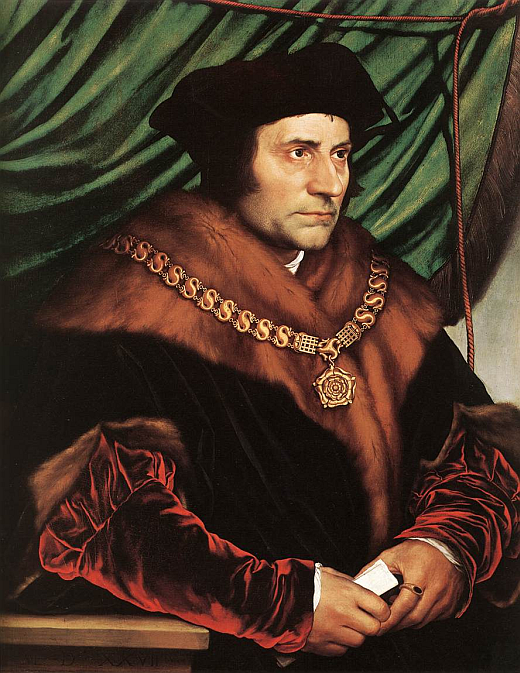
They have no lawyers among them, for they consider them as a sort of
people whose profession it is to disguise matters and to wrest the laws,
and, therefore, they think it is much better that every man should plead
his own cause, and trust it to the judge, as in other places the client
trusts it to a counsellor; by this means they both cut off many delays
and find out truth more certainly; for after the parties have laid open
the merits of the cause, without those artifices which lawyers are apt to
suggest, the judge examines the whole matter, and supports the simplicity of such well-meaning persons, whom otherwise crafty men would be sure to run down; and thus they avoid those evils which appear very remarkably
among all those nations that labour under a vast load of laws.
—Thomas More, Utopia, “Of their Slaves and of their Marriages” (1516)


